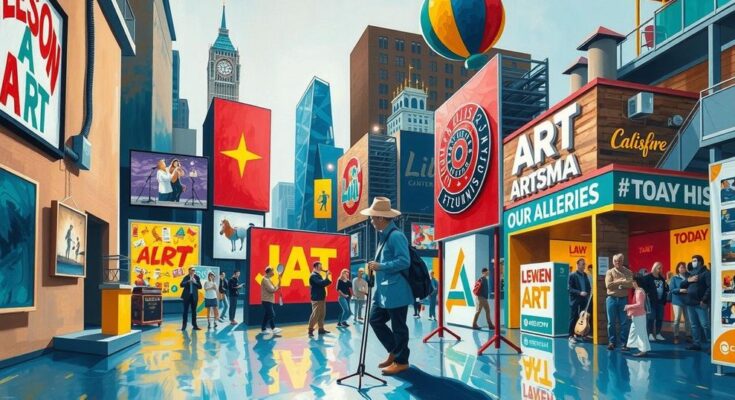The Philippine Statistics Authority (PSA) recently affirmed the significance of the creative economy, revealing that in 2014, the creative sectors surged by 8.7%, generating P1.94 trillion and employing 7.51 million people. This data, facilitated by the Philippine Creative Industries Development Act, highlights the indispensable role of arts and culture in national development and sets benchmarks for future growth.
Once perceived primarily through intangible benefits, ongoing advocacy now boasts concrete statistics showcasing the economic impact of the arts. This new layer of validation complements art’s intrinsic value, enhancing its role in society. As E.H. Gombrich noted, “the biological function of art is that of a rehearsal, a training in mental gymnastics, which increases our tolerance of the unexpected.”
As the Cultural Center of the Philippines (CCP) rehabilitates its iconic structure, it serves as a reminder that our mission extends beyond architecture. This period of renewal allows us to rethink our commitments, ensuring that arts and culture reach Filipinos in various formats, such as performances, exhibitions, and digital platforms, fostering ongoing cultural engagement even while the main building is temporarily inactive.
While economic data outlines the “what” of creative industries, our efforts in audience development answer the “why”—why is it crucial for all Filipinos to embrace arts experiences? Arts exposure acts as essential training, much like education in mathematics, developing critical thinking and adaptability. Through engagement with creative arts, individuals cultivate skills such as emotional intelligence, perspective-taking, and the ability to find meaning amidst ambiguity, essential in today’s fast-paced world.
Moreover, arts engagement nurtures critical discernment, empowering individuals to tackle misinformation effectively. The analytical skills gained from interacting with the arts seamlessly transfer to evaluating media messages, prompting us to ask crucial questions about the creator’s intentions and perspectives.
The upcoming tour of the Philippine Philharmonic Orchestra (PPO) across nine cities in the UK exemplifies cultural diplomacy. This not only promises economic benefits such as increased cultural tourism but also fosters pride among Filipinos and helps international audiences appreciate Filipino culture.
For the Philippines to thrive as a global creative force, it is vital to nurture both talented artists and an informed audience capable of supporting and valuing creative expression. This necessitates investments in arts education, infrastructure, and expansive cultural programming accessible to all.
Ultimately, by cultivating art-appreciative audiences, we invest in our economy and our society, a dual venture promising the most rewarding return on investment.
Recent PSA data reveals the growing impact of the creative economy in the Philippines, demonstrating a robust 8.7% growth in 2014, contributing significantly to GDP and employing millions. This new statistical validation underscores the dual value of the arts: as an economic driver and a vital component of personal and societal development. The CCP’s efforts in expanding art appreciation highlight the necessity for both nurturing talent and fostering informed audiences, ensuring a flourishing cultural landscape.
In summary, the dual value of arts and culture lies in their economic contribution and their role as catalysts for personal and societal development. The ongoing efforts to promote audience engagement through diverse platforms ensure the appreciation of artistic expression continues to flourish, propelling both the creative industry and the nation forward. The navigation of cultural landscapes empowers individuals with critical skills necessary for understanding and engaging in today’s information-rich environment, marking the arts as a cornerstone of both economic growth and social consciousness.
Original Source: www.manilatimes.net



